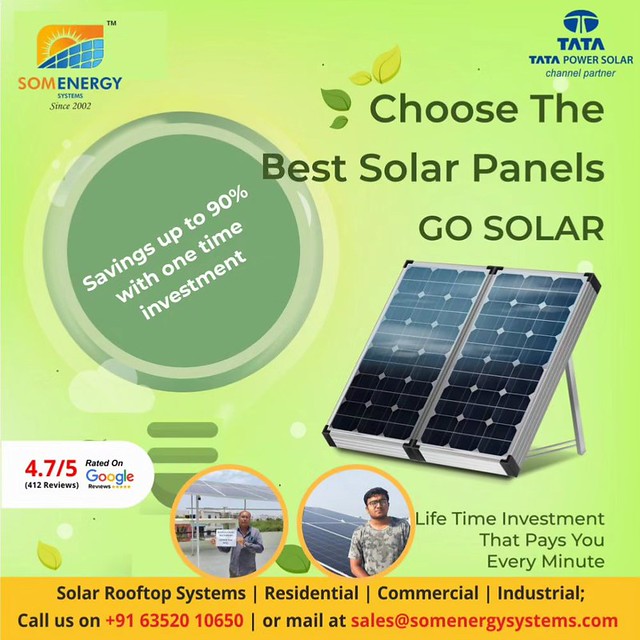How to Choose and Use Solar Panels: A Comprehensive Guide
Renewable energy panel, PV panel, solar cell array – these terms have become increasingly popular as the world embraces s small solar water pump ustainable solutions. One particularly promising technology in this field is the solar panel. In this article, we will explore the manufacturing process, features, advantages, usage methods, tips for selecting the right product, and opzv battery suppliers conclude with insights on the future of this revolutionary invention.
Manufacturing Process:
Solar panels are made using photovoltaic (PV) cells that convert sunlight into electricity. These cells are typically made from semiconductors such as silicon. The manufacturing process involves creating layers within the cell that help capture sunlight efficiently. Once assembled, several of these panels can be interconnected to form a larger solar array.
Fea solar panel tures:
Solar panels come in various sizes and designs to cater to different needs. Some may have a monocrystalline structure which provides higher efficiency but at a higher cost, while others may use pol PV panel ycrystalline materials offering slightly lower efficiency but at a more affordable price point. Additionally, some manufacturers offer flexible solar panels that can conform to curved surfaces or portable options designed for outdoor activi Renewable energy panel ties.
Advantages:
The primary advantage of solar panels is their ability to harness free and abundant sunlight to generate clean electricity without contributing harmful emissions. This makes them an environmentally friendly choice compared to traditional fossil fuel-based power generation methods. Moreover,solar panels require minimal maintenance once installed properly due
Usage Methods:
Solar panels have versatile applica

tions ranging from residential rooftops powering homes with renewable energyto large-scale installations used in commercial or utility-scale projects.In both case Solar Flood Light s,a proper assessment should be conducted considering factors like available space,sunlight exposure,and local regulations.An expert installer can design an optimal system ensuring maximum output within given constraints.
Tips for Selecting Solar Panels:
1.Consider your specific energy requirements: Assess your average energy consumption based on

past bills.
2.Understand your available space: Determine the area where you plan to install solar panels and check for any obstructions like nearby tall trees or buildings that may cast shadows.
3.Evaluate quality and certifications: Look for reputable manufacturers offering certified products with warranties. Higher-quality panels tend to last longer solar panel and provide better performance over time.
4.Compare efficiency ratings: Check the rated efficiency of different panel options as higher-efficiency models will generate more electricity per square meter in similar environmental conditions.
5.Obtain multiple quotes: Reach out to several solar panel suppliers, compare their offerings, pricing, warranty terms, and after-sales Solar cell array service before making a decision.
Conclusion:
Solar panels have emerged as a reliable source of clean energy thanks to their manufacturing process, features, advantages,and diverse usage methods.While upfront costs can be signifi solar panel cant,the long-term savings on energy bills make them a worthwhile investment.Moreover,solar power plays an essential role in reducing greenhouse gas emissions and combatting climate change.Choosing the right solar panel requires careful consideration of your specific needs,followed by meticulous selection based on qual

ity,certifications,and efficiency.As we continue our transition towards a greener future,the popularity and accessibility of solar panels are expected to grow exponentially.Let us embrace this technology today for a brighter tomorrow!
